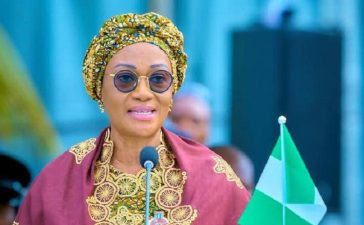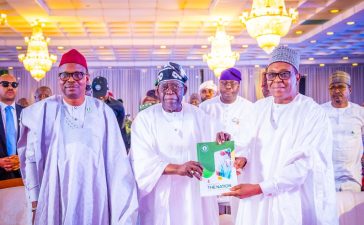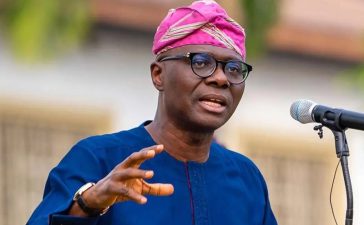In Nigeria, insurance is often viewed with skepticism, a sentiment that has led to one of the lowest insurance penetration rates in the world. In 2021, Africa’s insurance penetration rate stood at a mere 2.1%, with Nigeria contributing significantly to this figure. The country’s low uptake of insurance is second only to the Middle East, where the penetration rate was just 1.7%.
For Nigerian business owners, the reasons for avoiding insurance are clear: a lack of trust in insurance companies, a belief that insurance is unnecessary, and religious beliefs that discourage participation in traditional insurance models. These issues are not unique to businesses; they also affect individuals who might otherwise benefit from insurance coverage.
However, there is a new approach on the horizon that promises to change the narrative—bundled insurance. This innovative type of insurance is designed in a way that consumers often don’t even realize they are purchasing insurance. By embedding insurance into everyday transactions, this model effectively bypasses the common barriers of trust, perceived necessity, and religious concerns.
Startups like Pula and Etherisc are at the forefront of this revolution, particularly in East Africa. They focus on providing insurance to smallholder farmers, a demographic that is typically underserved by traditional insurance products. During a recent discussion with Techpoint Africa, representatives from these companies highlighted how their approach could significantly boost Africa’s low insurance penetration rates, with implications for Nigeria as well.
To put the challenge into perspective, South Africa leads the continent with an insurance penetration rate of 11.3% as of 2022. Namibia follows with 7%, while Morocco stands at 2.1% and Kenya at 1.2%. In contrast, most other African countries, including Nigeria, have penetration rates below 1%, underscoring the enormous potential for growth.
For Nigeria, bundled insurance offers a promising solution to overcome the long-standing trust deficit and other obstacles that have kept insurance out of reach for many. As these innovative models gain traction, there is hope that Nigeria’s insurance landscape could undergo a significant transformation, leading to greater financial security for businesses and individuals alike.
By embracing these new approaches, Nigeria has the opportunity to catch up with other African nations and, ultimately, redefine its relationship with insurance. This shift could be the key to unlocking the untapped potential of the Nigerian insurance market, providing much-needed protection to those who have historically been left out.







